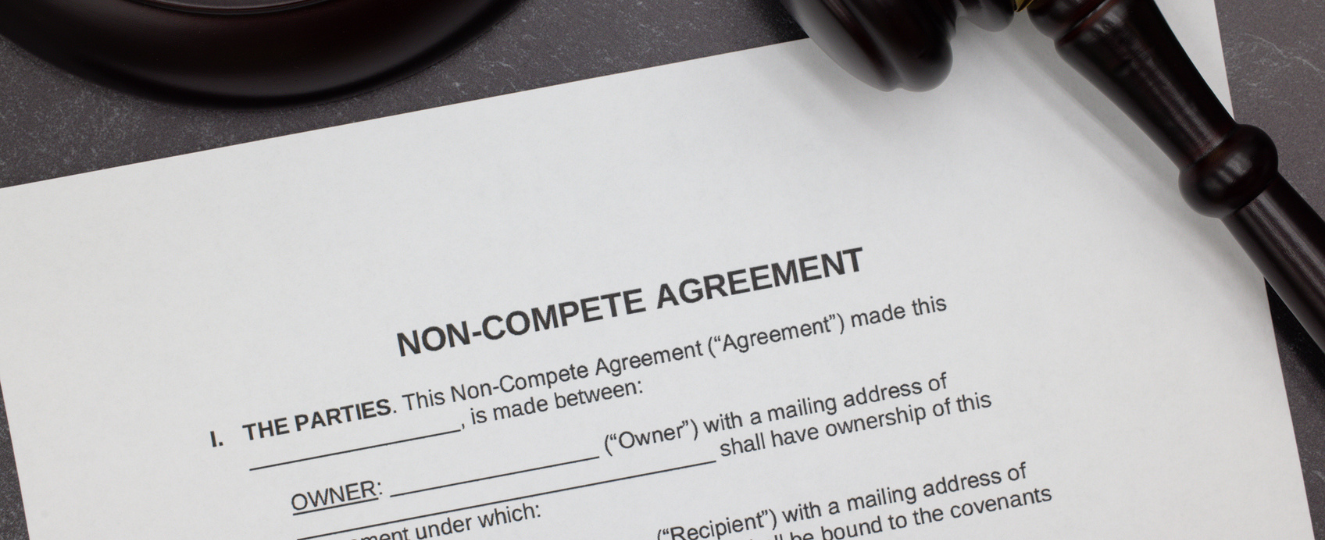
In news that will surprise absolutely no one, the US Chamber of Commerce has already filed a lawsuit trying to block enforcement of the FTC’s non-compete ban. The lawsuit was filed in … wait for it … Texas – the state where businesses go to fight governmental overreaches like this. Those who were in HR roles in 2016 will recall the Thanksgiving “gift” that a Texas court bestowed upon employers by blocking the implementation of the FLSA’s increased salary threshold. It is possible that this court will bestow a similar gift. (Prediction: a lawsuit will be filed in … wait for it … Texas to block the DOL’s latest attempt to raise the FLSA exemption level.)
What Does the Lawsuit Mean for My Company?
The quick answer is that nothing has changed. Although the lawsuit has been filed (and there may be more to come), there is not currently an injunction, so things are still on a course to take effect in late August. However, things change quickly, so there is a good chance that an injunction will be issued to block implementation.
What Should We Do Now?
- Take a deep breath. This rule doesn’t go into effect for at least 120 days (late August). Fasten your seatbelt. We’re in for a bumpy ride over the next few months.
- Take an inventory of existing non-compete and non-solicitation agreements over the next week or two and give us a call. By then we’ll know more about the non-solicitation parameters and can talk through individual plans for addressing your situations.
- In some cases, the documents you have may be sufficient. In others, they may need modification.
- Don’t make any changes yet! This is likely to be in flux for a bit. Businesses who decide to be on the front-edge often get burned by last-minute rule changes. For those over-achievers, this is not the time to get an A+. A solid “C” will do just fine. Really!
What if We’re a Non-Profit?
In its current form, non-profits are not covered by the FTC rule – i.e., your non-competes will remain valid. While it is possible that the FTC will look for ways to extend the reach to non-profits, you’re safe for now.

